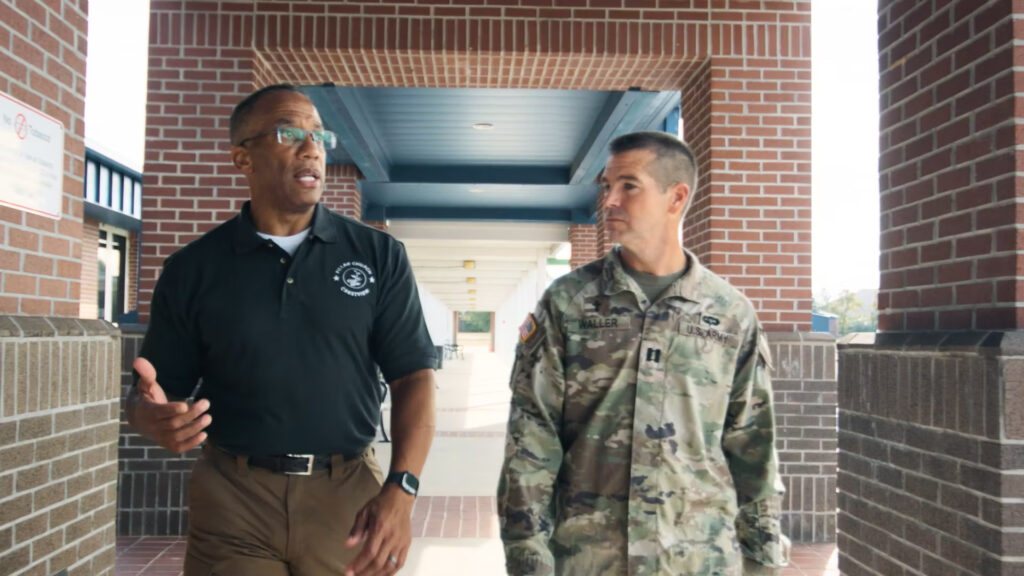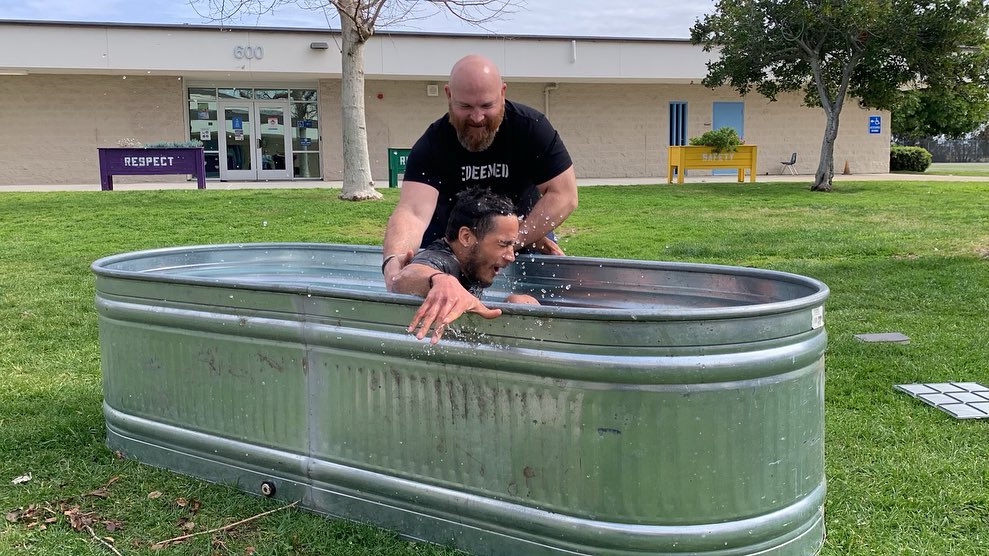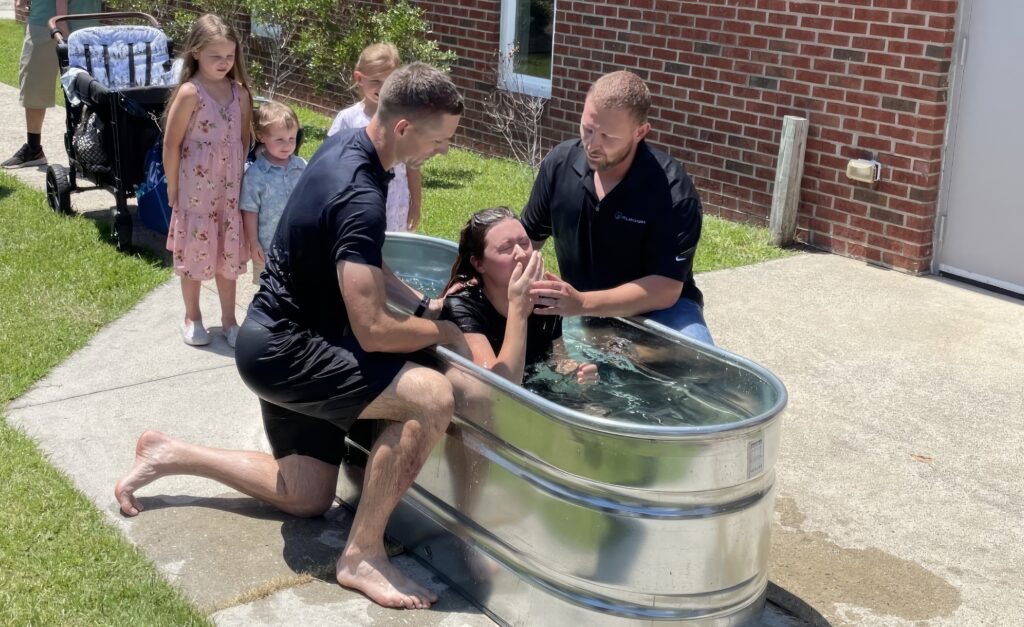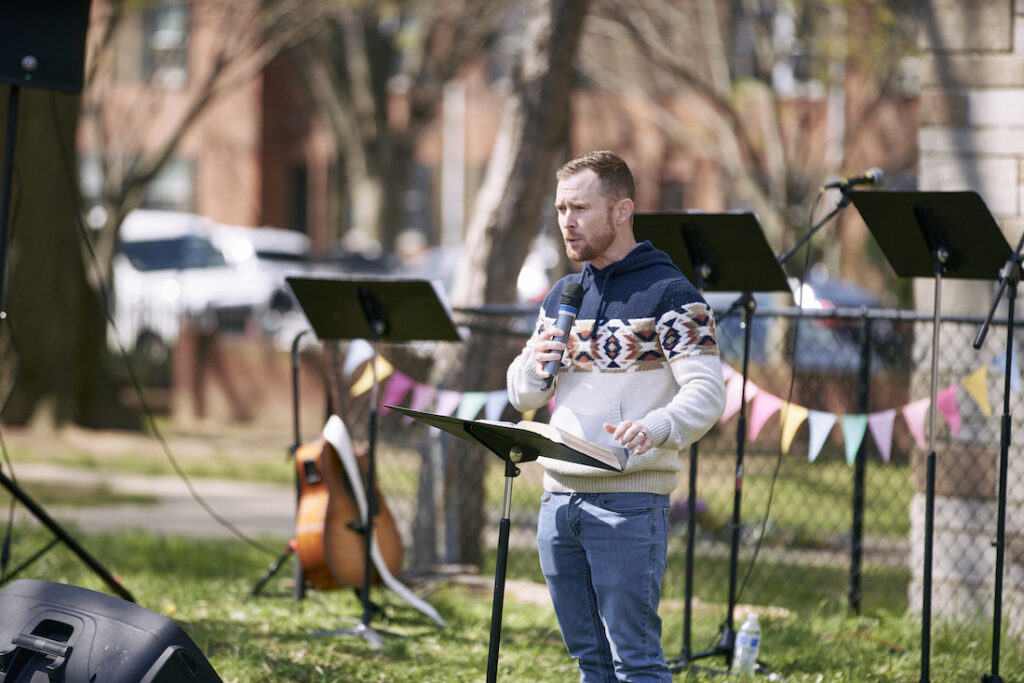In the fall of 2013, I came to a 3-year-old church plant in Southern Indiana as the Executive Pastor. Not long after, we were ready to send out two local church plants. We had no idea that number would be three.
In April 2015, a few circumstances were sovereignly brought together, and the plans for a church plant in a downtown residential area were born. We saw the need and opportunity. We just needed a pastor/planter. After some research (because thats what Executive Pastors do), prayer, and counsel, it was clear that I was going to be the pastor of this new work. The problem became the timeline. One church had already launched in April, and the next was due in September. We set our launch date for October 2015.
But after planting three congregations, our now 5-year-old mother church closed its doors. It was emotional for the remaining members, for the pastor, and for the churches they were faithful to send out. So the question remains: Did we kill our church by planting so quickly and so close together? This has been difficult for me to wrestle with over the past few months.
Honestly, I think the answer to the question is both yes and no.
Yes. The church was prepared to send out two groups already in 2015 and did not see our plant coming. Unfortunately part of being a sending church is that you often send out some of your most faithful members and leadership, and this proved true. In my conversations, this is often the reason why many larger churches hesitate in sending out plants/planters. I’m thankful this church was aware of the risk, took the opportunity to see the Gospel proclaimed in a neglected part of town — even if it meant their own downsizing. So in that respect we did contribute, but ….
No. The church still maintained a critical mass as we were sent out (we only took six adults from this congregation in our core). They were strategically set in a location where no other churches were faithfully preaching the gospel. There were many things in favor of this church continuing to proclaim the wonderful life, death, and resurrection of Christ to this city.
Considering all of this with the lead pastor — still a very close friend — he has acknowledged other missteps in the two years since launching our church. He attributes most of the continuing struggles to his own lack of personal spiritual disciplines. This led to he and others pushing through each Sunday in their own strength, rather than trusting the Lord. By God’s grace, there was no moral failure on anyone’s part, but pastoral burnout claimed another victim — and with it, another local expression of the body of Christ. Sadly, it is these same things that bring hundreds of churches to close their doors each year around the United States.
Moving forward
As our church perseveres through the closing of our sending church, it has caused us to seriously think about how and when we will choose to be a sending church ourselves. This list grows as we continue to sort through everything, but here are a few things we have learned in the process:
Baby steps. We recently adopted our first church plant as a baby step for our church. This has led to us connecting them with our own networks, praying for them during our members meetings and Sunday worship gatherings, and being a sounding board. We have not committed finances or people to the process at this point. This allows us to be part of the new work while not having too much “skin in the game” at such an early stage in our own church life. We are learning that having clear and consistent communication between the church plant, our leadership, and our congregation are proving to be fruitful through the process.
The risk is worth it. Sending out your most faithful members and leaders is risky business, but our calling from Jesus is not to sit in our comfortable, self-built kingdoms and wait for His return. The call to follow Jesus is a risky endeavor (John 15:18), but the proclamation of the gospel and the glory of God is worth the risk of any earthly kingdom we might be building for ourselves.
The church is not yours. This was hinted at above, but this entire experience has been a reminder that Jesus will build His church “and the gates of hell will not prevail” (Matt. 16:18). We are merely under-shepherds and stewards of what the Lord has given us.
The proclamation of the gospel is multiplied in our weakness. “For while we were still weak, at the right time Christ died for the ungodly” (Rom. 5:6). It is through our weakness that the “power of Christ” will be made known to our communities (2 Cor. 12). In all this, it would be easy to become discouraged at the closing of a church — unless we see the glorious power of the gospel at work through the legacy of this church. May we rejoice, not in the closing of one church, but in the planting of three new churches and the people who have been brought to faith and repentance through the preaching of the Gospel, most of whom would have otherwise never been reached by this one small congregation.
Being faithful to the Great Commission is dangerous business. It is not for the fainthearted, but it is for those who are captivated by a glorious God who is worthy to be proclaimed to the nations so that their longing and joy may be made complete in the person and work of Jesus.
You can find the original posting of this blog here.
Published February 28, 2018



